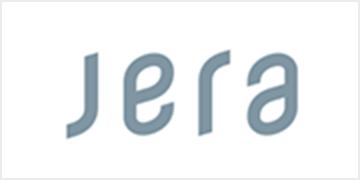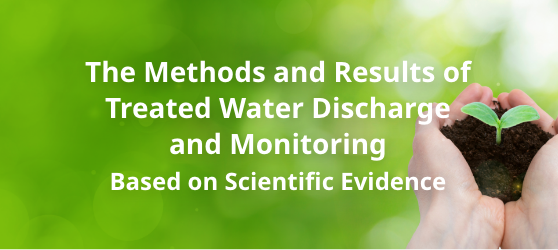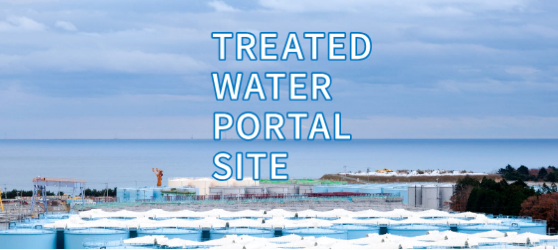Announcements
FREE ELECTRONS: AMERICAN ELECTRIC POWER JOINS GLOBAL ENERGY STARTUP ACCELERATOR
Feb 27, 2018
COMPANY WILL BE THE FIRST NORTH AMERICAN UTILITY MEMBER
Tokyo, February 27, 2018 – The Governing Board of Free Electrons, the first global energy startup accelerator program that connects the world’s most promising energy startup companies with leading utility companies, is pleased to announce that American Electric Power(AEP) will become its first North American utility member.
AEP, based in Columbus, Ohio, has an asset base of 65 billion USD. In 2017, AEP’s electricity sales were approximately 194 million megawatt hours with 15 billion USD in revenue. Between 2018 and 2020, AEP plans to invest nearly 18 billion USD through its regulated and competitive companies to modernize the power grid, expand renewable energy resources and deliver cost-effective, reliable energy to customers in the U.S. market.
“Joining the Free Electrons accelerator program gives us access to the world’s most innovative technology entrepreneurs in the energy space,” said Nicholas K. Akins, AEP chairman, president and chief executive officer. “Our long-term strategy includes building smarter energy infrastructure and delivering new technologies and custom products and services to our customers. We’re excited to help cultivate the cutting-edge energy solutions that are being developed around the globe.”
TEPCO is a co-founder of the accelerator, which now includes 9 electric utilities from around the world. The other Free Electrons utility members are Ausnet Services (Australia), DEWA (Dubai), EDP (Portugal), ESB (Ireland), Innogy (Germany), Origin Energy (Australia) and SP Group (Singapore), with the program being supported by Beta-i (Portugal).
“We are thrilled to have American Electric Power join Free Electrons and contribute a US perspective to our global acceleration program”, says Hirokazu Yamaguchi, Executive General Manager, Global Innovation & Investments at Tokyo Electric Power Company Holdings (TEPCO).
Structure
Three international modules held across the globe are the cornerstone of Free Electrons. During the course of the program participants will work closely with local players, utilities, mentors and other resources in order to accelerate their company’s growth.
After the applications close, a one week Bootcamp will be held in Lisbon (Portugal) from April 3 to 6. It will be followed by the 1st Module, in Sydney/Melbourne (Australia). The 2nd Module will take place in Silicon Valley (USA), with the final stage moving to Berlin (Germany), in October.
The utilities backing Free Electrons are leading innovation in the energy sector. This project is a testimony of their commitment to work together with startups in building the future of the sector with clean, smart and widely accessible energy.
Free Electrons 2017 generated an overall financial value of contracts signed between the 12 startups and the 8 utilities of about 2 million dollars, with a pipeline of ongoing opportunities surpassing 12 million dollars.
About TEPCO
Tokyo Electric Power Company Holdings, Inc. (TSE: 9501), headquartered in Tokyo, Japan, is the largest utility in Japan serving millions of homes and businesses. Worldwide the company has more than 34 subsidiaries and 32 affiliates in 8 countries and employs approximately 42,060 people. Consolidated revenue for the fiscal year ending March 31, 2017, totalled 5.3 trillion Japanese yen. The company was established in 1951 and is listed on the First Section of the Tokyo Stock Exchange. For more information, visit https://www7.tepco.co.jp/en/hd/about/corporate/index-e.html
About Free Electrons
The Free Electrons Program is the best opportunity for startups in the energy space to grow and develop their businesses. The energy market has seen rapid changes in recent years with the rise of renewables, decentralization of the energy system, regulatory uncertainties and disruptive new technologies. To stay ahead, there is a strong need for utilities to source more innovation externally and consider the ‘beyond utilities’ business models.
















